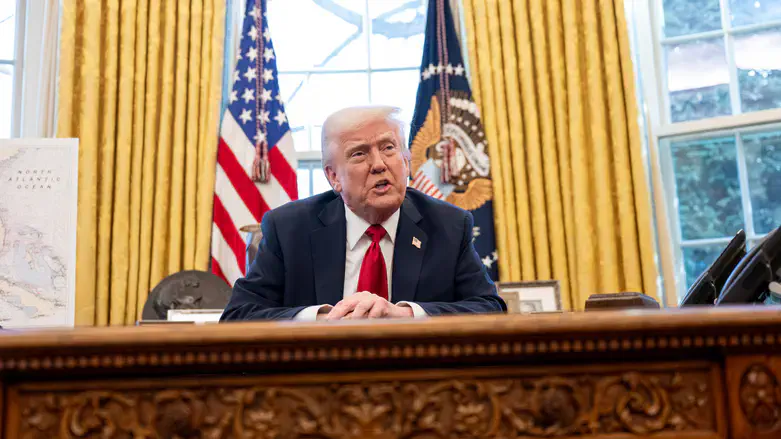
A three-judge panel at the US Court of International Trade on Wednesday delivered a significant blow to President Donald Trump's trade policy, blocking his administration from imposing sweeping tariffs on imports under an emergency-powers law, reported The Associated Press.
The ruling comes amid a flurry of lawsuits contending that President Trump has overstepped his authority, leaving US trade policy vulnerable to executive discretion and fostering economic instability.
White House spokesman Kush Desai said the Trump administration would appeal the ruling and said, "Unfair trade relations have shaken American communities, and unelected judges should not be the ones deciding how to handle this national emergency. The President will use every executive lever of power to address this crisis."
At least seven lawsuits are challenging the levies, which have been a cornerstone of Trump's trade agenda. While tariffs typically require congressional approval, President Trump has asserted his power to act, citing national trade deficits as a national emergency.
His administration has argued that courts previously approved President Richard Nixon's emergency use of tariffs in 1971, and that only Congress, not the judiciary, can determine the "political" question of whether the president's rationale for declaring an emergency aligns with the law.
Plaintiffs, however, dispute that the 1977 International Emergency Economic Powers Act (IEPPA) authorizes the use of tariffs. Furthermore, they contend that the longstanding US trade deficit—a reality for 49 consecutive years—does not meet the law's requirement for an "unusual and extraordinary threat" to trigger an emergency.
President Trump has imposed tariffs on goods from numerous countries in an effort to rectify America's substantial and persistent trade imbalances. His administration had previously levied duties on imports from Canada, China, and Mexico, citing concerns over illegal immigration and the flow of synthetic opioids across US borders.
